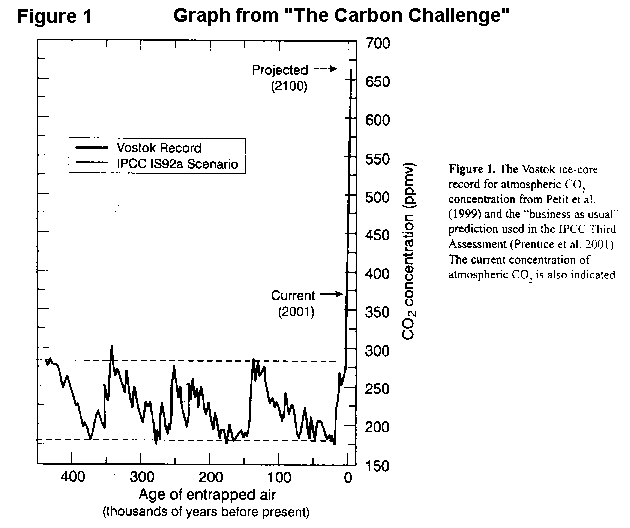Partisan, any rise in sea level isn't going to be that significant. If it does happen, places that are basically a few inches above sea level would be at risk but the Himalayas will still be the Himalayas. Also, this is another thing that people can't really seem to prove. Temperatures are going up a bit but the sea level doesn't seem to be changing enough for anyone to be absolutely sure.
You and a few of your mates are quite comical on this subject. Maybe its best that you stick to stuff that you are personally familiar with (like playing with guns???). If you really want to understand the subject start reading the following website material.
http://www.realclimate.org/
Using the Register as source material for this thread is rather sloppy and indicates a lack of depth of understanding of a very complex subject.
Redneck, please have a good look at the index in "real climate".
http://www.realclimate.org/index.php/archives/2004/12/index/
If anyone is talking ignorant rubbish then you and your little pal Tommy are doing a terrific job in that area. I couldn't be bothered writing pages in reponse to your sea level comment. It may be possible that you (and your mates) will find some answers yourselves.
Check out sea level predictions boys!!
http://en.wikipedia.org/wiki/IPCC_Fourth_Assessment_Report
Last edited:


